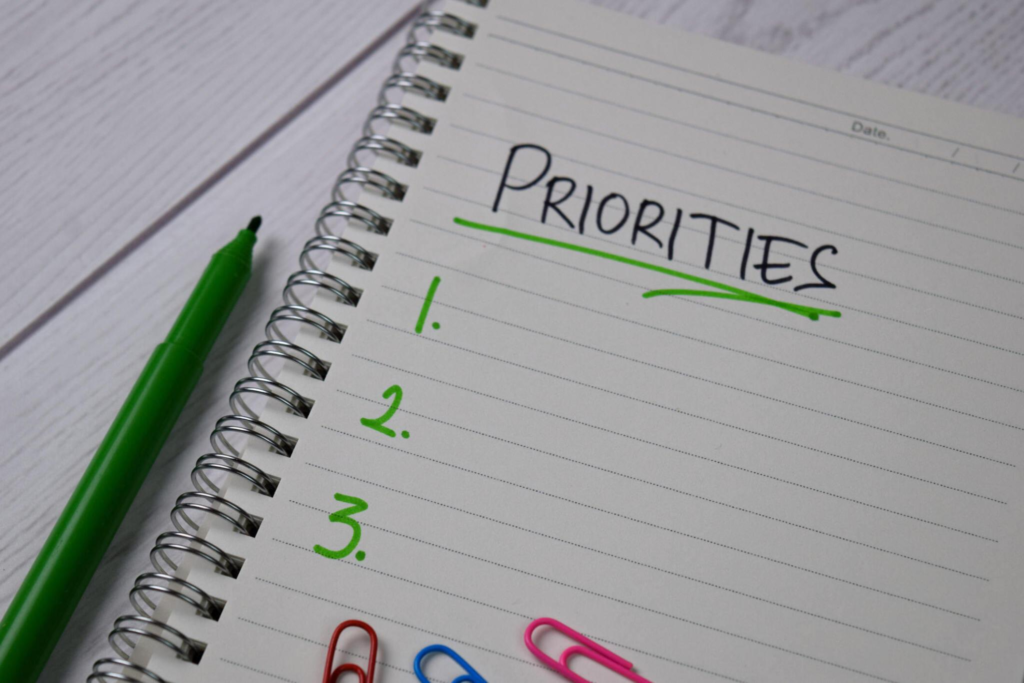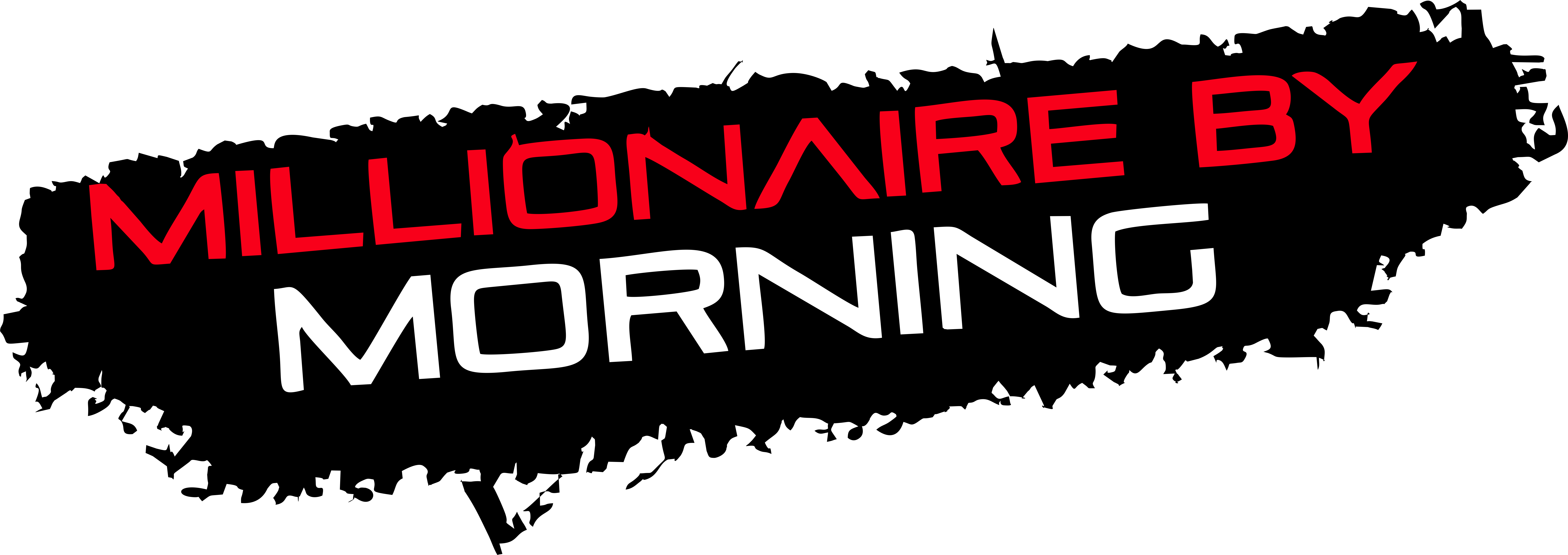The Art of Saying NO in a Professional Environment

Picture this.
You have multiple projects lined up with deadlines approaching. Suddenly, your manager comes over to your workstation with a new task, asking you to finish it on an urgent basis. What will you do as you’re already swamped with other projects?
In everyday life, it’s important to learn the art of saying no. But it’s even more important when it comes to professional settings.
Drawbacks of Never Saying No
Do you struggle to say no even when your plate is full? The common trait of overworked professionals is their inability to refuse. Here’s what happens when you don’t learn to say no at the workplace:
Increased Stress Levels
The inability to refuse tasks can affect your mental health. You take up more than you can manage which leads to heightened stress and anxiety levels. When you keep worrying about due tasks, this chronic stress affects your mental and physical health.
Further, overworked employees are more likely to experience burnout. Burnout is when you constantly feel exhausted and lose motivation.

Poor Quality of Work
This habit of always saying yes is counterproductive. When you have too many pending tasks, you may not be able to produce the best results. So, the quality of your work will decline.
The thought of the long list of pending tasks affects your focus and you can’t concentrate on the tasks at hand. Then rushed and incomplete assignments only hurt your credibility in your professional career.
No Personal Time
When you don’t learn to say no at work, you take on more work than you can finish within your work hours. As a result, you have to work for longer work hours and give up your personal time.
You won’t have any time for your hobbies, side hustle, or your family. So, over-commitment and working overtime will hurt your personal life and relationships. This lack of work-life balance can negatively influence your quality of life.
Lack of Prioritization
Experienced professionals excel at prioritizing tasks. This is the key to their professional success. But you can’t effectively prioritize job tasks when you hesitate to say No.
When everything is a priority, nothing truly is!
If a colleague or boss asks you to work on an unrelated task, you end up making it your priority. This diverts your attention from your actual job responsibilities and ruins your schedule. Consequently, you will delay urgent tasks and struggle to meet deadlines.

Strained Relationships
At the workplace, saying yes to every request never works in your favor.
You may believe saying no will hurt your relationship with colleagues or your superiors. But it’s actually the opposite of truth.
When you’re burdened by requests, you’re likely to develop feelings of resentment. Whether you do it out of obligation, fear, or courtesy, constantly saying yes will have negative impacts on your professional relationships. Over time, you will feel that others are taking advantage of your generous nature.
The key to developing good workplace relationships is to set boundaries. Thus, it’s important to learn how to politely say no to requests that are outside your job scope.
How to Say No at Work without Feeling Guilty
As a motivated professional, you want to be helpful to others. So, you may believe it’s not a good idea to refuse requests from your supervisors or colleagues. But it’s crucial to recognize that saying no doesn’t mean you are selfish. Instead, it means you know how to decide which tasks are within your capabilities.
Here are some helpful strategies to help you handle these conversations with professionalism:
Practice Active Listening
Don’t flat-out refuse a new request. Instead, take the time to actively listen and understand the expectations of the person asking you for a favor.
This will help you figure out whether you have the time and resources to perform the new task. If not, you will have a clear understanding of the reasons why you can’t fulfill their request.

Provide a Clear Explanation
When declining a request, it’s important to have a constructive conversation. Be empathetic and acknowledge their concerns. And provide a clear and honest explanation of why you can’t carry out the new task.
Avoid making excuses since it undermines your credibility and affects your relationship. A better option is to clearly communicate the reasons behind your decision. You may refuse the request due to dealing with more urgent matters, insufficient time availability, or the request exceeding your skill set.
So, try to make them understand your perspective without offending anyone.
Offer Alternatives
Another good strategy for saying no at work without feeling guilty is offering alternatives. You can think of approaches that can help address the needs of the requester without compromising on your boundaries.
For instance, you can help them delegate the task to another team member who has the expertise and capacity to handle the task. Or you can propose to reschedule the task. You can also offer them tools that will help them perform the task on their own.
This way, you can demonstrate your willingness to help them out while maintaining your boundaries.

Be Professional
During the conversation, make sure to be professional. Don’t lose your cool even if the other person expresses frustration or disappointment.
Be polite and respectful. Don’t take a confrontational or defensive stance. Otherwise, you’ll end up escalating tension and ruin your relationship with your coworkers. Instead, focus on expressing your boundaries and your ongoing commitment to supporting the team.
Use Assertive Tone
Communicate your refusal to accept a new request in a confident and assertive tone. Use clear and direct language to convey your message. Also, don’t use ambiguous language that may leave room for misinterpretation or misunderstanding.
Practice Self-Compassion
Finally, remember to be self-compassionate throughout the process.
It’s natural for you to feel guilty when you always accommodate others’ requests. But it’s important to understand you can’t help out others at the expense of your own peace of mind.
Prioritizing your well-being and boundaries isn’t selfish. Rather, it’s a way to create a healthy work environment. So, permit yourself to decline requests that aren’t feasible for you without feeling guilty.

Benefits of Saying No Gracefully
Saying yes in an attempt to keep everyone happy takes a toll on your physical and mental health. Also, it affects your productivity and performance. So, you should master the art of saying no politely at the workplace.
Setting Clear Boundaries
Saying No, both in your personal and professional life, when you can’t manage to take on a new task is perfectly okay. It enables you to set clear boundaries about what you can and can’t do.
By communicating your limits, you prevent others from taking advantage of you. Also, it helps you avoid overcommitment. This way, you can divert your time and energy towards more important and urgent tasks.
Another major benefit of saying no in the workplace is creating a healthy work-life balance. When you don’t overcommit, you won’t have to work overtime. Thus, you will have more personal time.
Avoiding Burnout
Saying yes to every request from managers and colleagues is a surefire way to get exhausted quickly. By setting limits, you can take up assignments you can manage in a timely manner. Also, by politely declining tasks that exceed your capacity, you protect yourself from overwhelming stress and burnout.

Improved Productivity
Refusing to do non-relevant tasks politely frees up your time. You have more time to focus on urgent matters that align with your job responsibilities. Saying no eliminates distractions. It gives you time to concentrate on high-priority projects.
So, you will notice an improvement in your productivity and efficiency if you actively try to develop this habit.
Growth and Development Opportunities
Saying no gracefully frees up your time. You have more time to focus on your job-specific tasks. Also, you can be creative and come up with new ideas. So, you can delve deeper into your work and contribute more to your team’s projects.
Further, you can dedicate some of your free time to growth and development opportunities. For instance, you can enroll in courses and training programs or attend workshops to improve your skills. This commitment to continuous growth will propel your career forward.
Enhanced Decision-Making
Another one of the benefits of saying no at work is improved decision-making.
Deciding when to accept a new request and when to refuse is an important skill. You need to evaluate the request and determine if it’s feasible for you. Then you must decide if you have enough time, skills, and resources to fulfill this request.
So, learning to say no will improve your decision-making skills. It will help you prioritize tasks to ensure that urgent projects don’t get delayed. Further, this skill won’t only help your professional career but will also be beneficial in your personal life.

Mastering the art of saying no doesn’t mean you should be selfish or uncooperative. It means you can set boundaries and manage your priorities. Remember, saying no lets you focus on what truly matters so you can contribute better to your team at your workplace.



